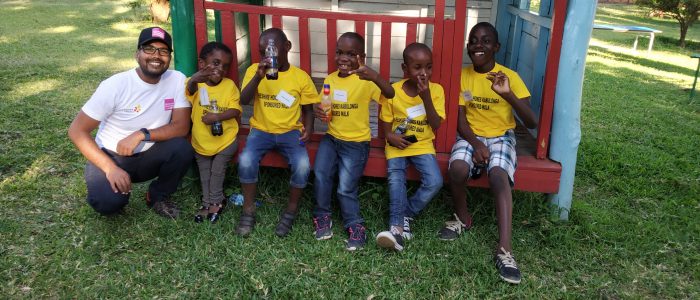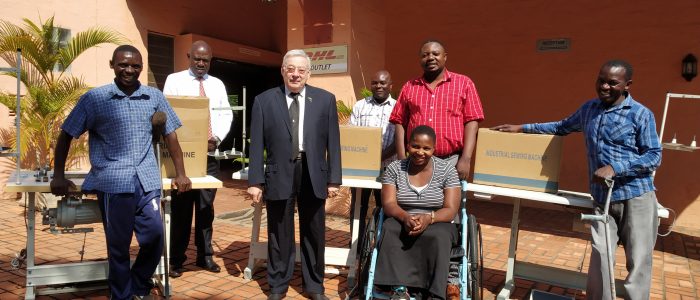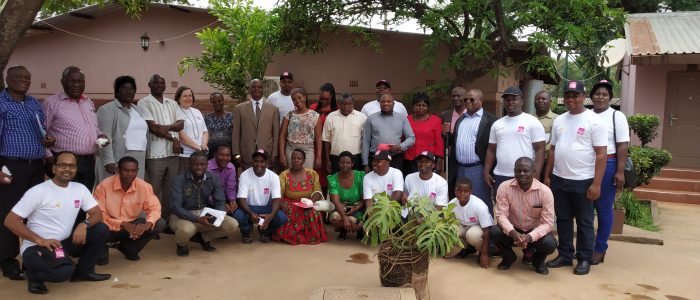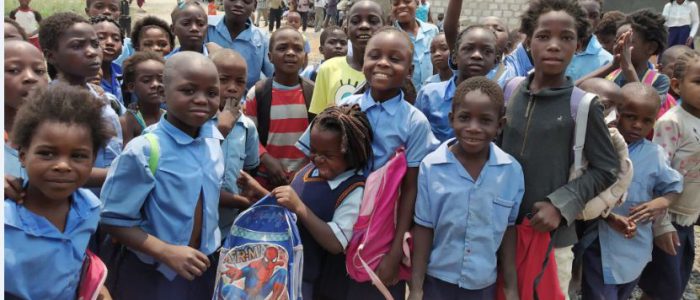Cheshire Homes Society of Zambia through Cheshire CBR programme is seeking for consultancy services to carry out an evaluation to look at the long-term viability of the project and how CBR/CBID services in Zambia can be sustainable
Cheshire Community Based Inclusive Development (CBID) Programme CHSZ has been implementing a CBID Programme with support from CBM (a leading International Disability and Development NGO). The CBID Programme was established in 1999 and has an administrative office in North Gate Gardens, Mandevu off Kasangula Road, Lusaka. It is active in the poor high density compounds of Lusaka (Garden, Mandevu, Chipata, Chazanga and Kabanana)
The programme follows the WHO CBR guidelines, whose matrix has five pillars that address issues for people with disabilities in Health, Education, Livelihood, Social and Empowerment domains. Rationale and context of evaluation
As CHSZ and CBM consider further development, expansion and/or redesign of the programme, it is desirable that they take stock of the efforts in the implementation of the programme through an evaluation. This is meant to assess whether the programme is delivering in line with CBID principles in order to provide actionable evidence.
The overall objective of the evaluation is to measure the impact of the CBID programme on the quality of life of persons with disabilities and their families in the context of Zambia since the programme was founded in 1999. It is also critical for this evaluation to look at the long-term viability of the project and how CBR/CBID services in Zambia can be sustainable
Requisite Qualifications
The consultant will be required to have the following attributes:
– Post graduate or master’s degree in the fields of social development, project management, monitoring and evaluation or public health, Development Studies, Social Policy, Disability Studies or other humanities inclusive of formal training in applied research. – Practical knowledge in understanding and assessing disability inclusive development projects. – Understanding of disability and how it relates to CBR and inclusive development, gender and poverty
– More than 5 years of experience in the field of planning, project management, monitoring and evaluation within the Public Health or development sector; – Knowledge of participatory methods in evaluations; – Strong and proven capacity in both qualitative and quantitative methods; – Excellent English speaking, writing and comprehension skills
Application requirements:
Consultants should send an Expression of Interest (EOI) including:
– Brief description of consultancy firm including CV of suggested evaluators. – Suggested methodology of carrying out the evaluation including time line. – Financial proposal, showing only professional fees. Logistic costs including hotel and meals, transport and meeting costs will be covered by the project – Full Terms of Reference can be accessed by contacting musonda.siame17@gmail.com – The EOI shall be submitted to: The Executive Director. CHSZ. Email kamima2006@yahoo.co.uk and copy the CBM Programme Manager Email: Paul.Kasoka@cbm.org and Cheshire CBID Programme Manager Email: musonda.siame17@gmail.com – You may call +260 961 670 165/+260 979 266 294/+260 977 784 971 for clarifications. All submissions should be sent by 28th February, 2020. Only complete applications will be accepted and assessed by the selection committee based on the above requirements.





